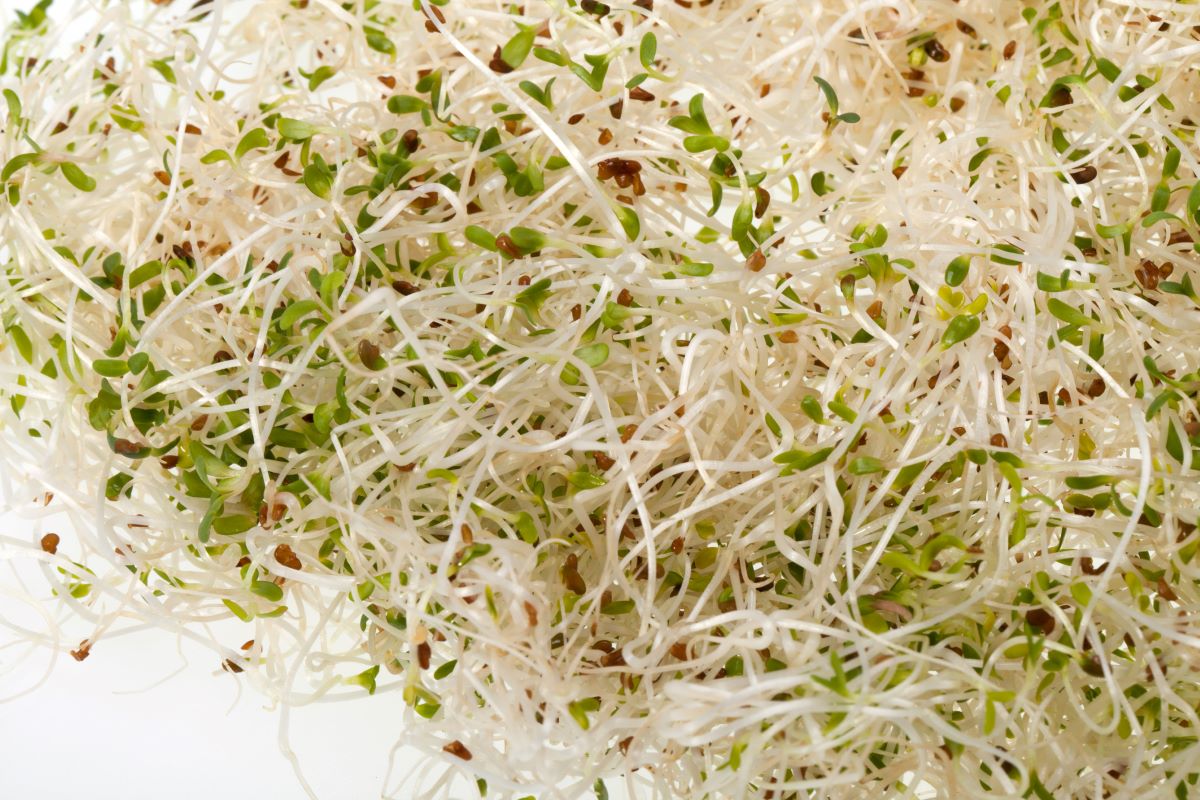

Articles
How To Store Alfalfa Sprouts
Modified: January 19, 2024
Learn how to properly store alfalfa sprouts and keep them fresh for longer with these helpful articles.
(Many of the links in this article redirect to a specific reviewed product. Your purchase of these products through affiliate links helps to generate commission for Storables.com, at no extra cost. Learn more)
Introduction
Welcome to the world of alfalfa sprouts! These tiny but mighty little greens are packed with nutrients and are a great addition to salads, sandwiches, and smoothies. But once you bring them home from the grocery store or harvest them from your garden, how do you ensure they stay fresh and crisp?
Proper storage is key when it comes to maintaining the flavor and quality of alfalfa sprouts. By following a few simple steps, you can extend their shelf life and enjoy their crispness for longer.
In this article, we will explore the importance of storing alfalfa sprouts correctly and provide you with tips and tricks to keep them fresh. Whether you are a sprout enthusiast or just starting to incorporate them into your diet, this guide will help you make the most out of your alfalfa sprouts.
So, let’s dive in and learn how to store alfalfa sprouts to keep them fresh and delicious!
Key Takeaways:
- Proper storage of alfalfa sprouts is crucial to preserve their nutritional value, extend shelf life, and maintain flavor. Choose the right container, prepare them carefully, and store in the refrigerator or freezer for optimal freshness.
- To maximize the shelf life of alfalfa sprouts, handle them gently, monitor moisture, and use fresh tools. Regularly check for spoilage, rotate stock, and consider freezing excess sprouts to reduce waste and enjoy fresh greens longer.
Read more: How To Store Sprouts After Sprouting
Importance of Proper Storage
Proper storage is essential when it comes to maintaining the freshness and quality of alfalfa sprouts. These delicate greens are highly perishable and can spoil quickly if not stored correctly. Here are a few reasons why proper storage is crucial:
- Preserve Nutritional Value: Alfalfa sprouts are rich in vitamins, minerals, and antioxidants. By storing them properly, you can ensure that they retain their nutritional value for longer, allowing you to reap all the health benefits.
- Extend Shelf Life: Storing alfalfa sprouts properly can help extend their shelf life. This means you can enjoy them for a more extended period, reducing waste and making the most out of your purchase or harvest.
- Maintain Flavor and Texture: Proper storage helps preserve the crispness and freshness of alfalfa sprouts. By keeping them in optimal conditions, you can enjoy their crunchy texture and delicate flavor in your favorite dishes.
- Prevent Bacterial Growth: Alfalfa sprouts are prone to bacterial contamination, such as Salmonella and E. coli. Proper storage, including temperature control, can help minimize the risk of harmful bacteria growth and protect your health.
Now that we understand why proper storage is vital let’s move on to the next step: choosing the right container for storing alfalfa sprouts.
Choosing the Right Container
When it comes to storing alfalfa sprouts, choosing the right container is crucial for maintaining their freshness and preventing spoilage. Here are some factors to consider when selecting a container:
- Airtightness: Look for containers that have airtight seals to prevent moisture and air from entering. This will help keep your alfalfa sprouts fresh and crisp for a longer period.
- Transparency: Opt for transparent containers that allow you to see the condition of the sprouts without opening the lid. This way, you can easily monitor their freshness and make sure they haven’t spoiled.
- Size: Choose a container that is appropriately sized for the amount of alfalfa sprouts you have. While you want to minimize excess air in the container, you also don’t want to overcrowd the sprouts, as this can lead to moisture buildup and spoilage.
- Easy to Clean: Select a container that is easy to clean to maintain proper hygiene. Bacteria can multiply in dirty containers, compromising the freshness of the sprouts.
Some suitable container options for storing alfalfa sprouts include:
- Glass Jars: Glass jars with airtight lids are an excellent choice for storing alfalfa sprouts. They are transparent, easy to clean, and provide a good seal to keep the sprouts fresh. Mason jars or recycled glass jars work well for this purpose.
- Plastic Containers: Select BPA-free plastic containers with tight-fitting lids. Look for containers designed for food storage, such as those made from food-grade polypropylene. Avoid containers that are made of low-quality plastic or have a strong odor.
- Produce Bags: If you have a small amount of sprouts, you can store them in produce bags. These breathable bags allow air circulation while protecting the sprouts from moisture and contaminants.
Remember to always clean and dry the container thoroughly before storing your alfalfa sprouts. This helps prevent the growth of bacteria and extends the sprouts’ shelf life.
Now that you’ve chosen the right container, let’s move on to the next step: preparing the alfalfa sprouts for storage.
Preparing the Alfalfa Sprouts for Storage
Before storing your alfalfa sprouts, it’s important to prepare them properly to ensure their longevity. Follow these steps to get your sprouts ready for storage:
- Rinse Thoroughly: Start by rinsing the sprouts under cold running water. Gently swish them around to remove any dirt, debris, or residue. This step is crucial for maintaining the sprouts’ freshness and removing any potential contaminants.
- Drain Excess Water: After rinsing, let the sprouts drain in a colander or strainer. Allow them to sit for a few minutes to remove any excess water. Excess moisture can lead to spoilage, so it’s important to ensure the sprouts are properly drained.
- Pat Dry: Once the alfalfa sprouts have drained, gently pat them dry with a clean kitchen towel or paper towels. Removing excess moisture will prevent bacterial growth and help extend their shelf life.
It’s essential to handle the sprouts gently during the preparation process to avoid bruising or damaging them. Delicate handling will help maintain the sprouts’ crisp texture and prevent any discoloration.
Now that your alfalfa sprouts are rinsed, drained, and dried, it’s time to move on to the next step: storing them in the refrigerator.
Store alfalfa sprouts in a sealed container lined with paper towels to absorb excess moisture. Keep them in the refrigerator and use within 3-4 days for the best quality.
Storing Alfalfa Sprouts in the Refrigerator
The refrigerator is an ideal place to store alfalfa sprouts as it provides a cool and controlled environment to keep them fresh. Follow these steps to store your sprouts in the refrigerator:
- Transfer to a Container: Place the prepared and dried alfalfa sprouts in an airtight container. Choose a container that is appropriately sized to avoid overcrowding, as this can lead to moisture buildup and spoilage.
- Line the Container: To absorb excess moisture and keep the sprouts fresh, you can line the bottom of the container with a clean paper towel. This absorbent layer will help maintain the sprouts’ crispness.
- Seal the Container: Ensure that the container is tightly sealed to prevent air and moisture from entering. This will help preserve the sprouts’ freshness and extend their shelf life.
- Store in the Refrigerator: Place the sealed container of alfalfa sprouts in the refrigerator, preferably on a shelf rather than in the door. The cool temperature of the refrigerator will help slow down the sprouts’ deterioration and maintain their quality.
It’s important to note that alfalfa sprouts have a relatively short shelf life. They are best consumed within a few days of storage. To ensure freshness, check on the sprouts regularly and discard any that show signs of spoilage, such as a slimy texture, foul odor, or discoloration.
Now, let’s explore an alternative storage method: freezing alfalfa sprouts.
Read more: How To Store Sprouts
Storing Alfalfa Sprouts in the Freezer
If you have a surplus of alfalfa sprouts or want to extend their shelf life beyond a few days, freezing can be a great option. Freezing the sprouts helps preserve their freshness and nutritional value. Follow these steps to store alfalfa sprouts in the freezer:
- Blanch the Sprouts: Start by blanching the sprouts to deactivate enzymes that can lead to deterioration. Bring a pot of water to a boil and add the sprouts. Boil them for 1-2 minutes, then remove and immediately transfer them into an ice bath to cool rapidly. This process helps maintain the sprouts’ texture and color.
- Drain and Dry: Once the sprouts have been blanched and cooled, drain them thoroughly. Ensure that they are dry before proceeding to the next step.
- Portion and Pack: Divide the blanched and dried sprouts into portion-sized freezer-safe containers or resealable bags. Leave a small amount of headspace to allow for expansion during freezing.
- Remove Air and Seal: Squeeze out any excess air from the containers or bags to prevent freezer burn. Seal them tightly to maintain the sprouts’ quality.
- Label and Date: Don’t forget to label the containers or bags with the contents and date of freezing. This will help you keep track of their freshness and ensure you use the oldest sprouts first.
- Freeze: Place the labeled containers or bags in the freezer. Store them in a flat position initially to allow for easier stacking and space management.
When you’re ready to use the frozen alfalfa sprouts, remove the desired portion from the freezer and thaw them in the refrigerator overnight or under cold running water. Avoid thawing the sprouts at room temperature to minimize the risk of bacteria growth.
Note that freezing may slightly change the texture of the sprouts, but they will still retain their flavor and most of their nutritional value. Use the thawed sprouts in dishes where their crunchy texture may not be as crucial, such as soups, stir-fries, or cooked recipes.
Now that you know how to store alfalfa sprouts in the freezer, let’s explore some tips for extending their shelf life in any storage method.
Tips for Extending Shelf Life
To make the most out of your stored alfalfa sprouts and maximize their freshness, here are some helpful tips:
- Buy or Harvest Fresh Sprouts: Start with fresh and quality alfalfa sprouts. Look for sprouts that are green, crisp, and free from signs of wilting or discoloration. If you’re growing your own, ensure they are harvested at their peak freshness.
- Store Immediately: Once you bring the alfalfa sprouts home from the store or harvest them, store them promptly to maintain their freshness. Delaying storage can lead to quicker deterioration.
- Handle with Care: Gentle handling is key to preserve the crispness and quality of the sprouts. Avoid squeezing or bruising them, as this can cause damage and spoilage.
- Keep Refrigerated: If you plan to consume the alfalfa sprouts within a few days, store them in the refrigerator. The cool temperature of the fridge helps slow down the sprouts’ deterioration.
- Monitor Moisture: Excess moisture can lead to the growth of bacteria and spoilage. Ensure the prepared sprouts are thoroughly drained and pat dry before storage. Consider using a paper towel to absorb any excess moisture in the container.
- Check Regularly: Regularly inspect the stored sprouts for any signs of spoilage, such as sliminess, foul odor, or discoloration. Remove any spoiled sprouts to prevent them from affecting the rest.
- Use Fresh Tools: When handling the sprouts, use clean utensils, containers, and hands to prevent the transfer of bacteria and contaminants. Regularly wash and sanitize the storage containers to maintain proper hygiene.
- Rotate Stock: If you frequently purchase or harvest fresh sprouts, rotate your stock to use the older ones first. This ensures that you consume the sprouts before they lose their freshness.
- Freeze Excess Sprouts: If you have an abundance of sprouts that you can’t consume within a few days, consider freezing them. Freezing helps preserve their freshness and nutritional value for a longer period.
By following these tips, you can extend the shelf life of your stored alfalfa sprouts, reducing waste and ensuring that you always have fresh greens on hand.
Let’s wrap up and summarize what we’ve learned about storing alfalfa sprouts.
Conclusion
Proper storage is key to keeping your alfalfa sprouts fresh, flavorful, and packed with nutrients. Whether you store them in the refrigerator or freezer, following the right steps will help extend their shelf life and ensure their quality.
Choosing the right container, such as airtight glass jars or BPA-free plastic containers, is essential for maintaining the sprouts’ freshness. Preparing the sprouts by rinsing, draining, and patting them dry helps remove any dirt or moisture that can lead to spoilage.
In the refrigerator, store the sprouts in a sealed container lined with a paper towel to absorb excess moisture. This will help maintain their crispness. Alternatively, if you have an excess of sprouts, blanching and freezing them can help preserve their freshness and nutritional value in the long term.
Remember to regularly check the stored sprouts for signs of spoilage and use them before they lose their freshness. Proper hygiene, gentle handling, and appropriate rotation of stock are key practices to ensure the optimal quality of your alfalfa sprouts.
By following the tips provided in this article, you can make the most out of your alfalfa sprouts, reducing waste and enjoying their vibrant taste and nutritional benefits for as long as possible.
So, start storing your alfalfa sprouts correctly and savor their crunchy goodness in your favorite recipes! Happy sprouting and storing!
Frequently Asked Questions about How To Store Alfalfa Sprouts
Was this page helpful?
At Storables.com, we guarantee accurate and reliable information. Our content, validated by Expert Board Contributors, is crafted following stringent Editorial Policies. We're committed to providing you with well-researched, expert-backed insights for all your informational needs.

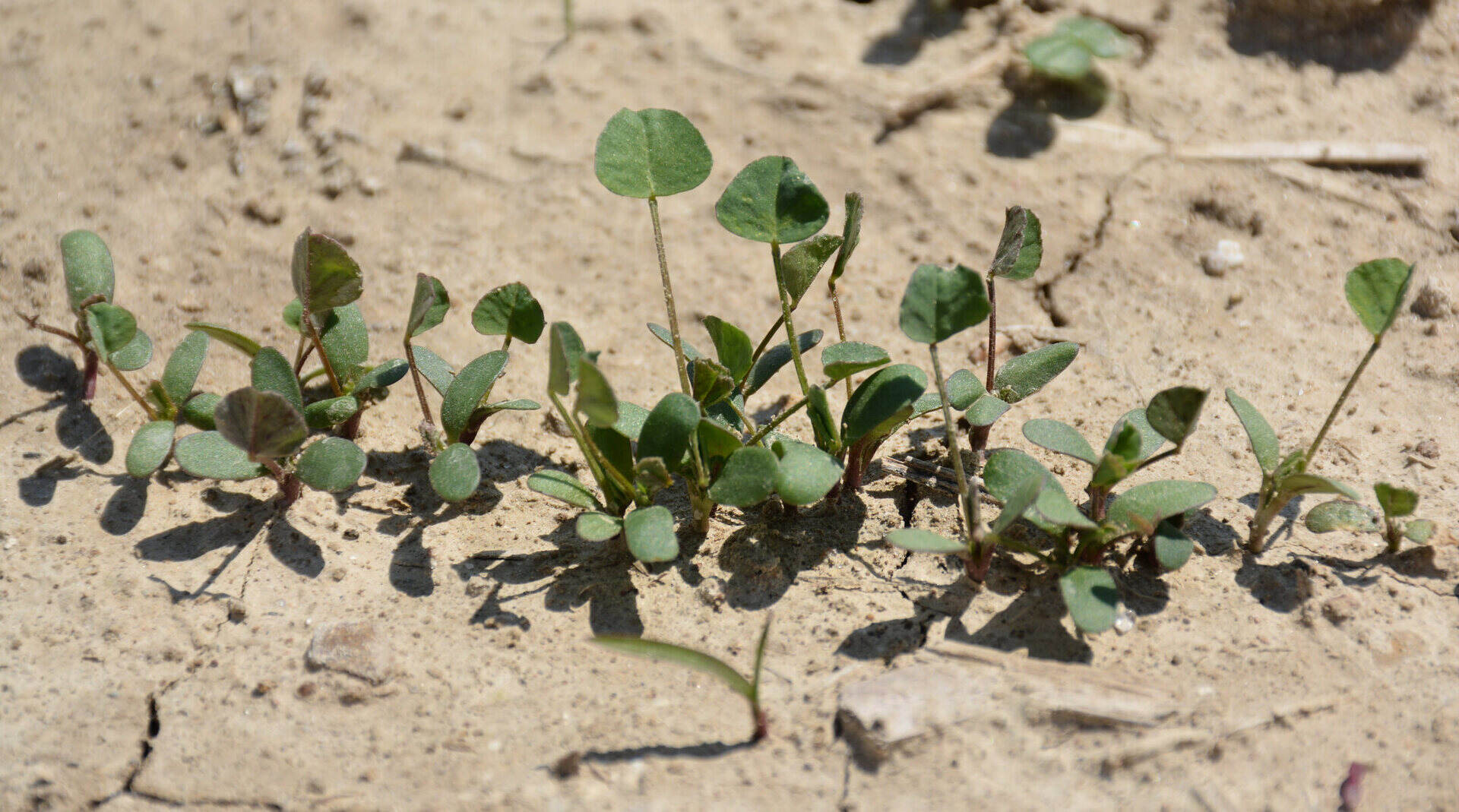
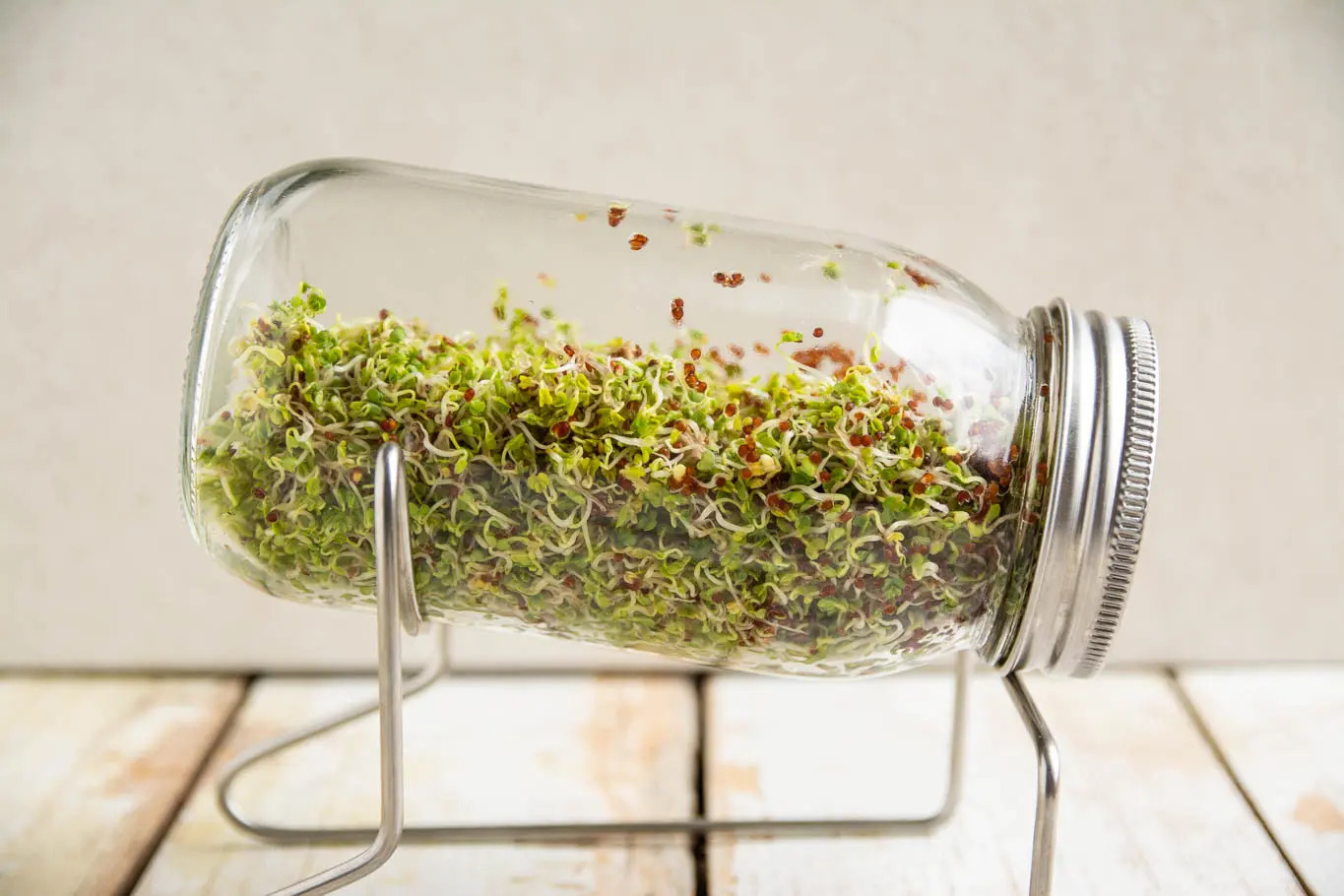
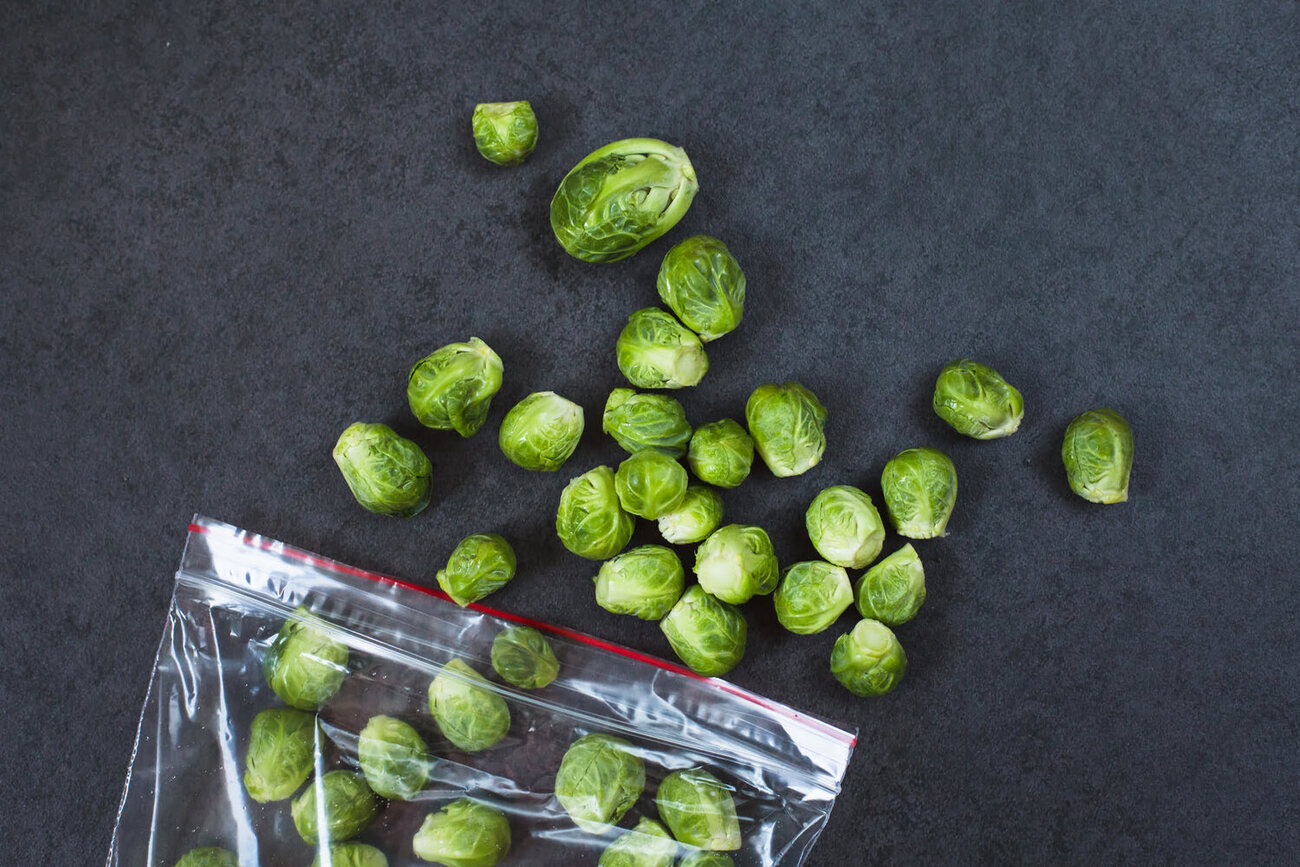

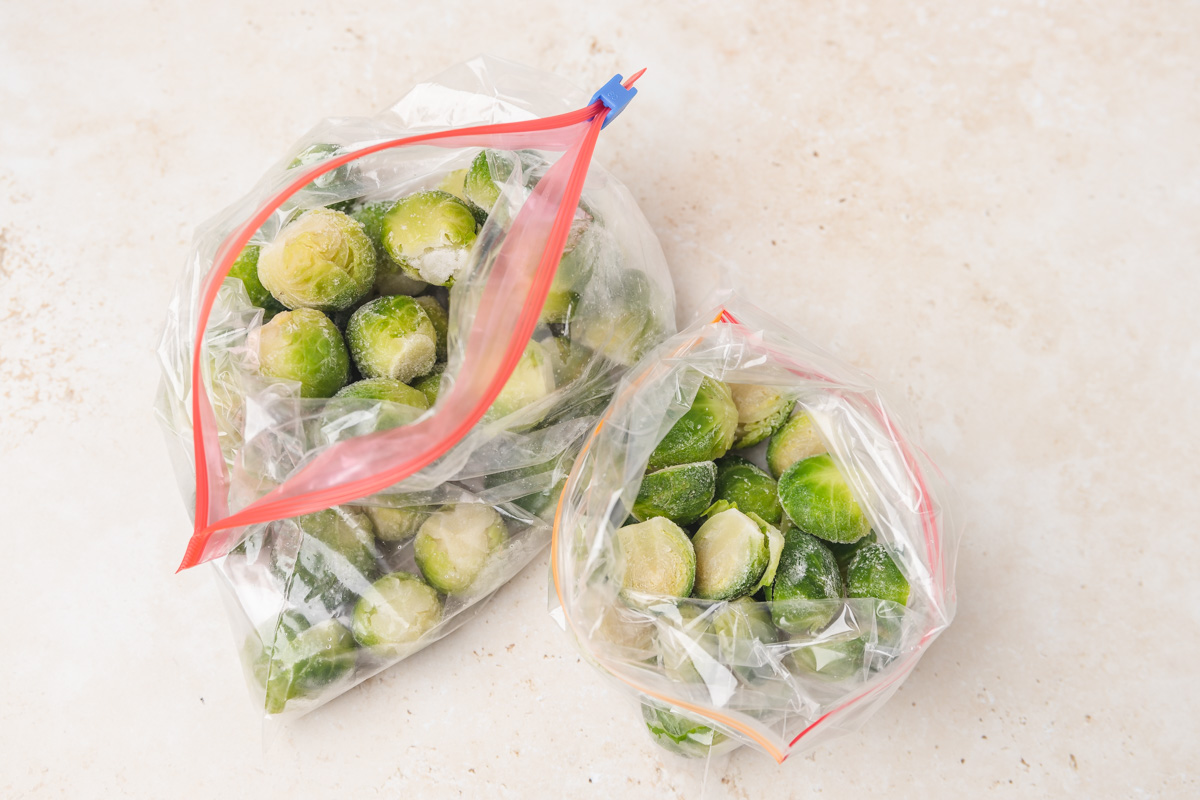
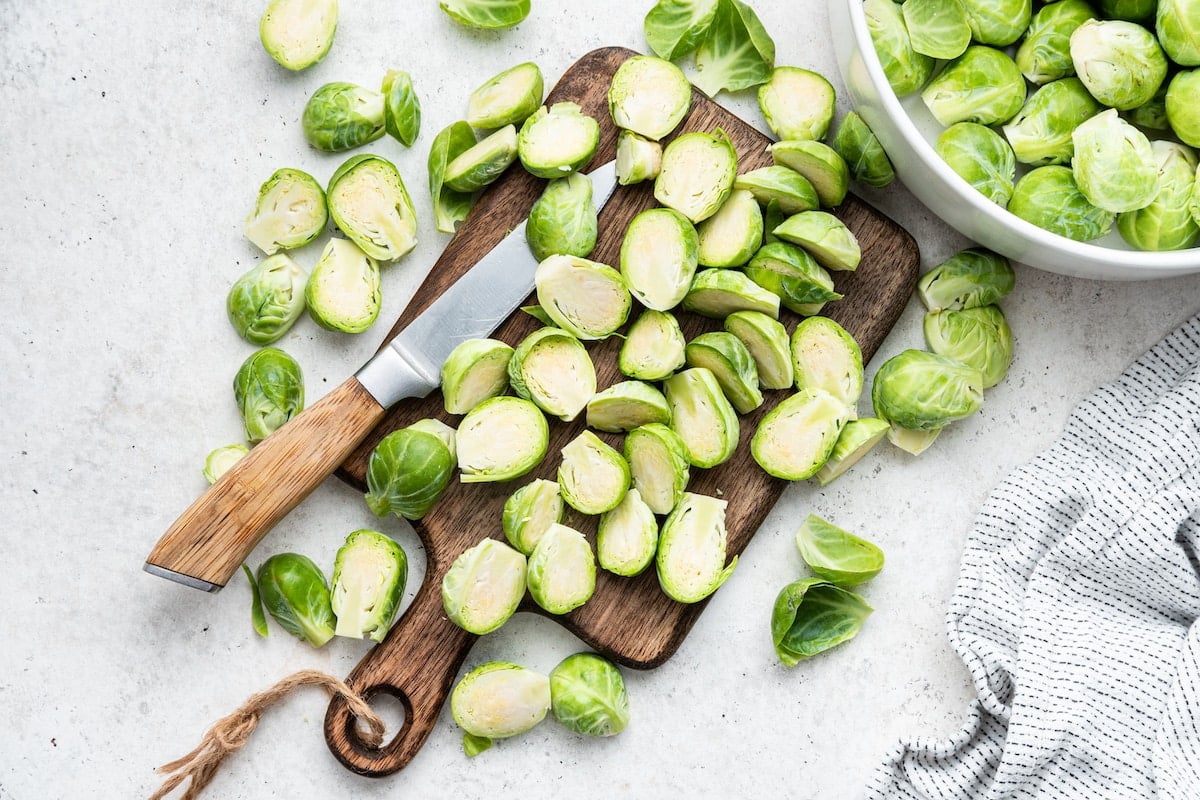
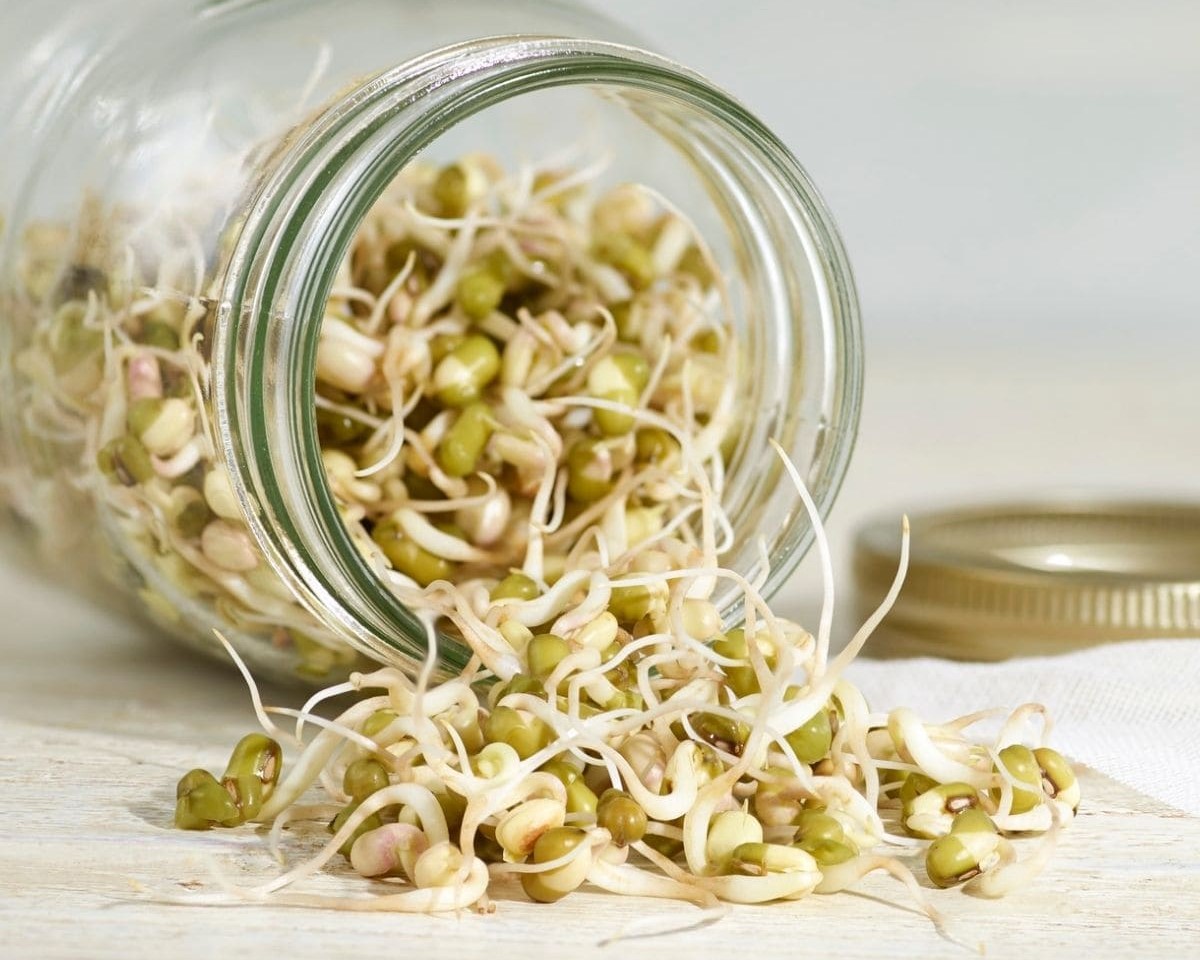
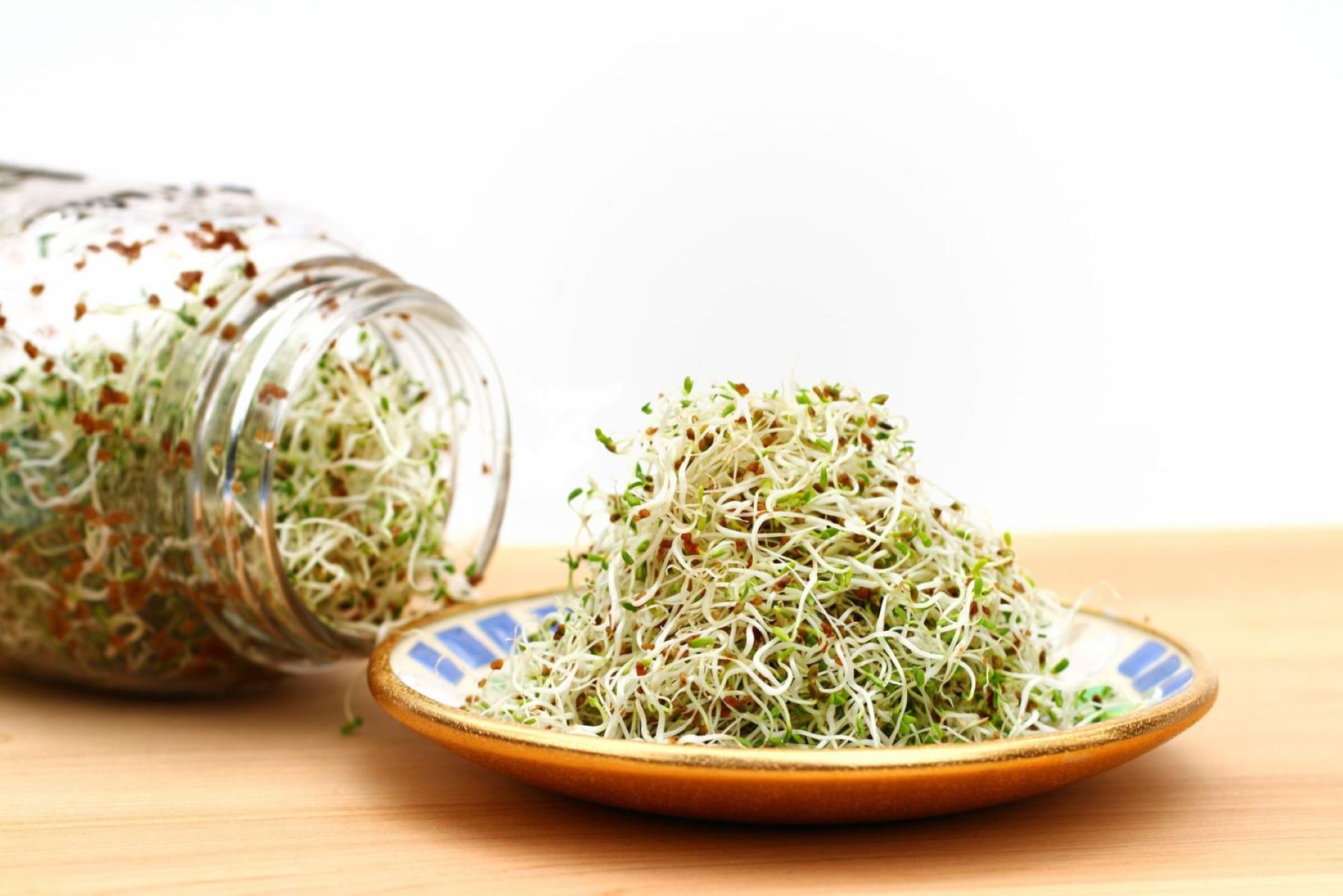
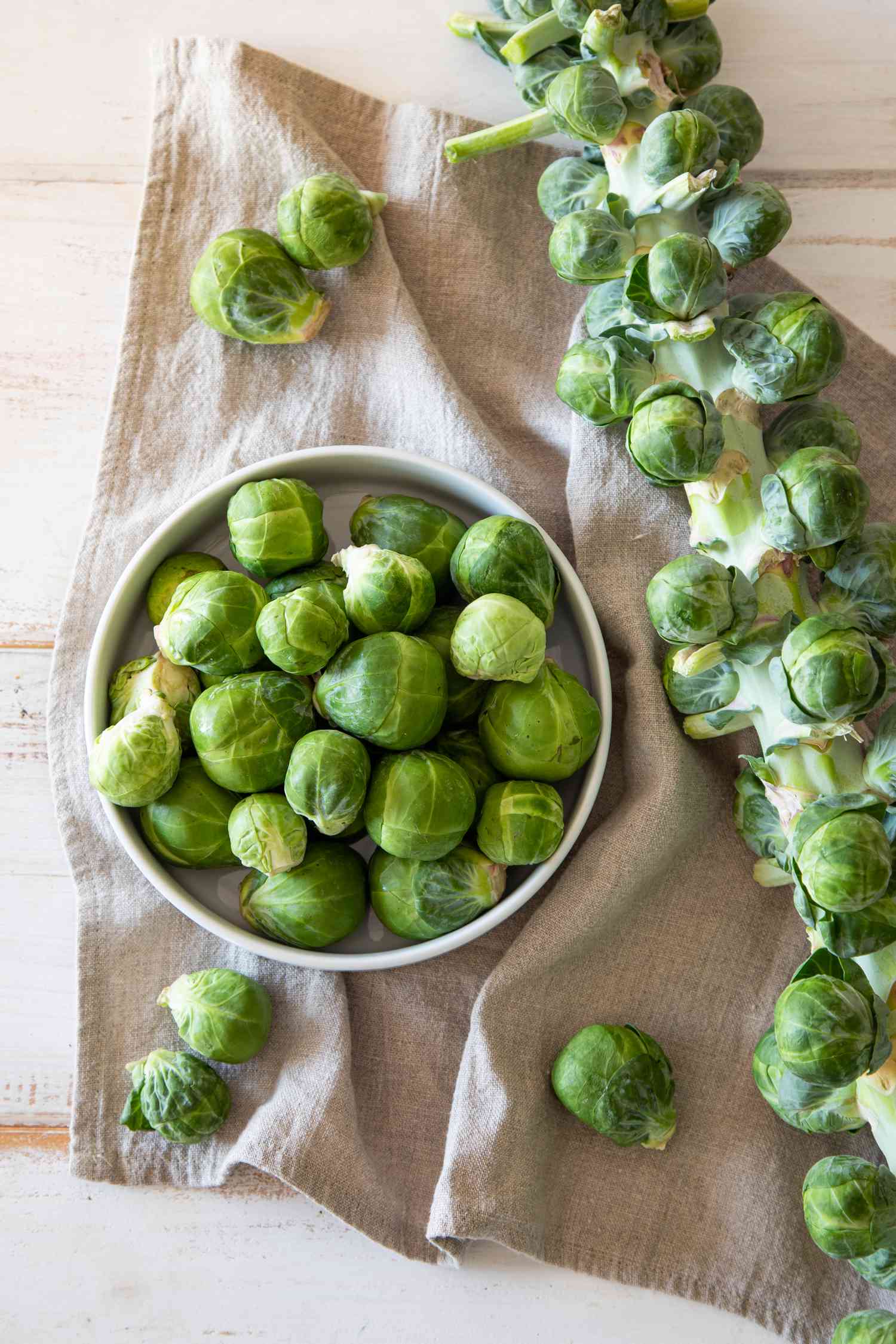
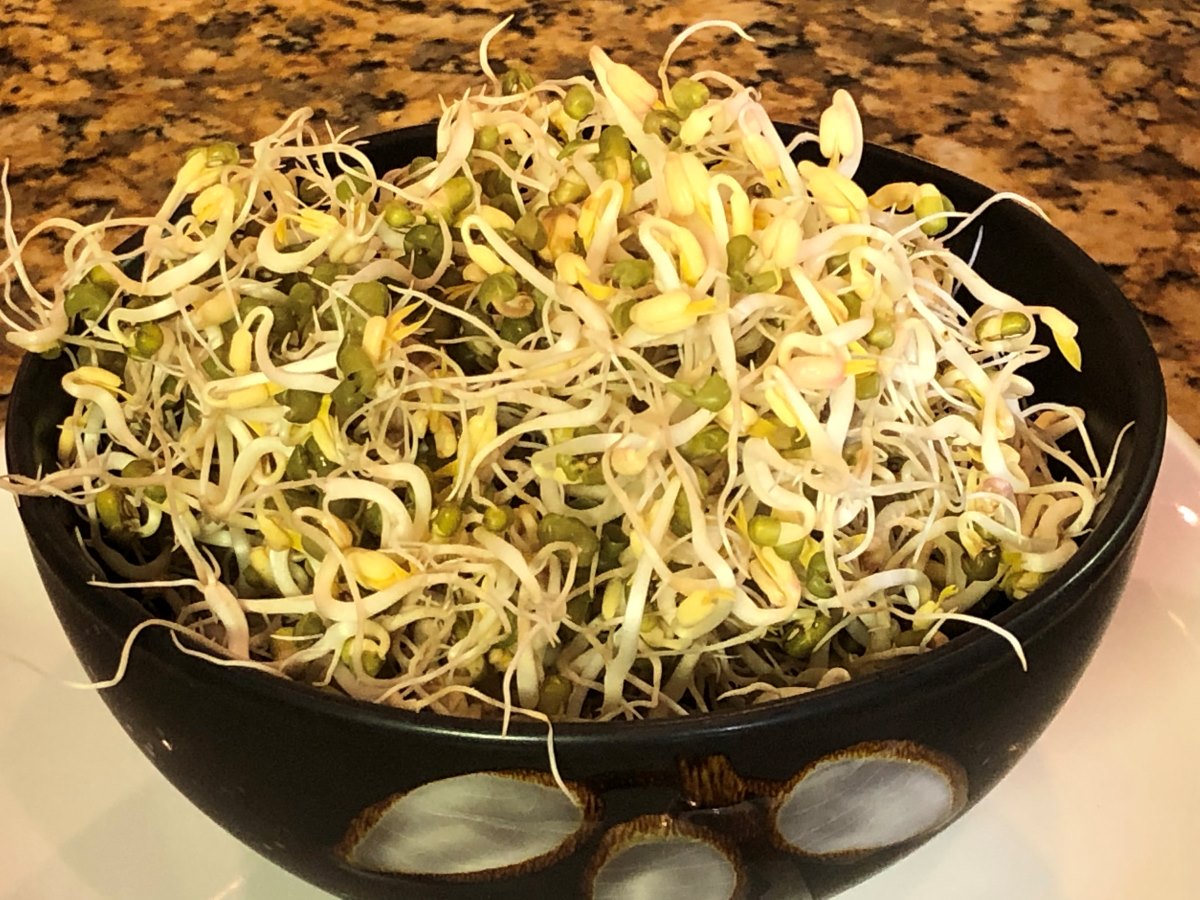
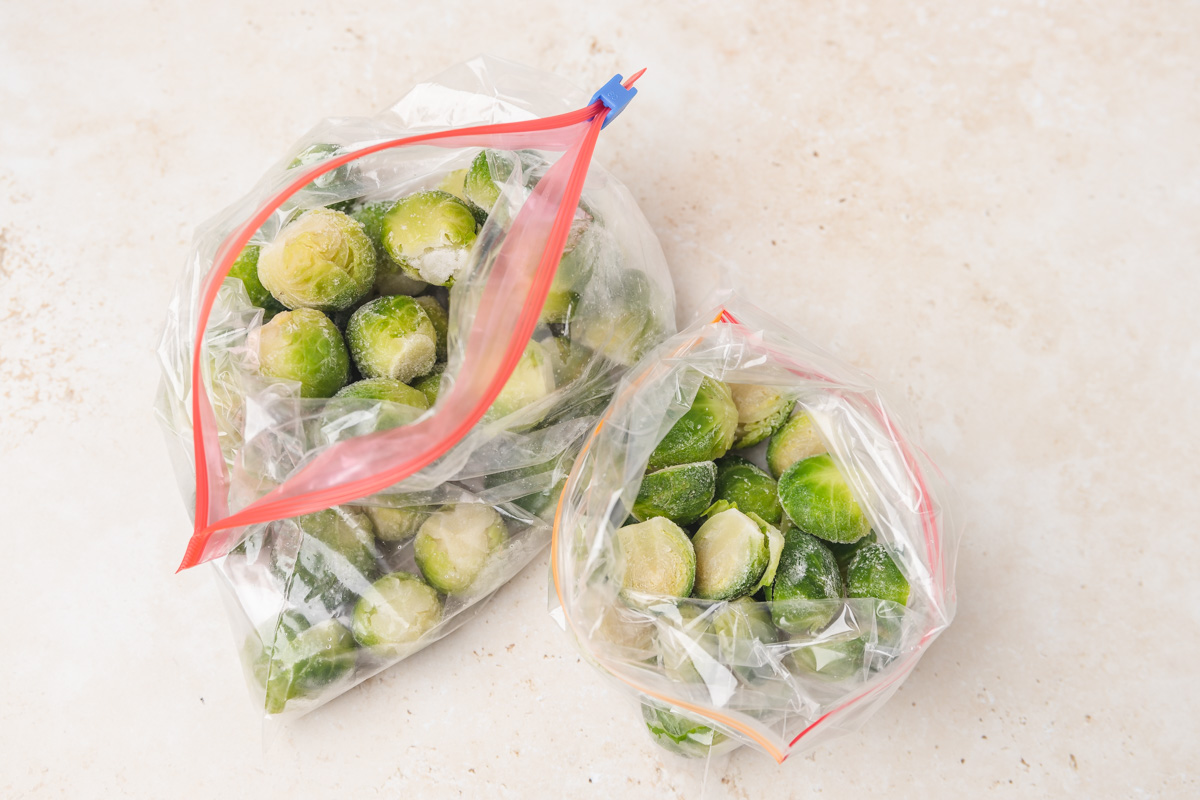
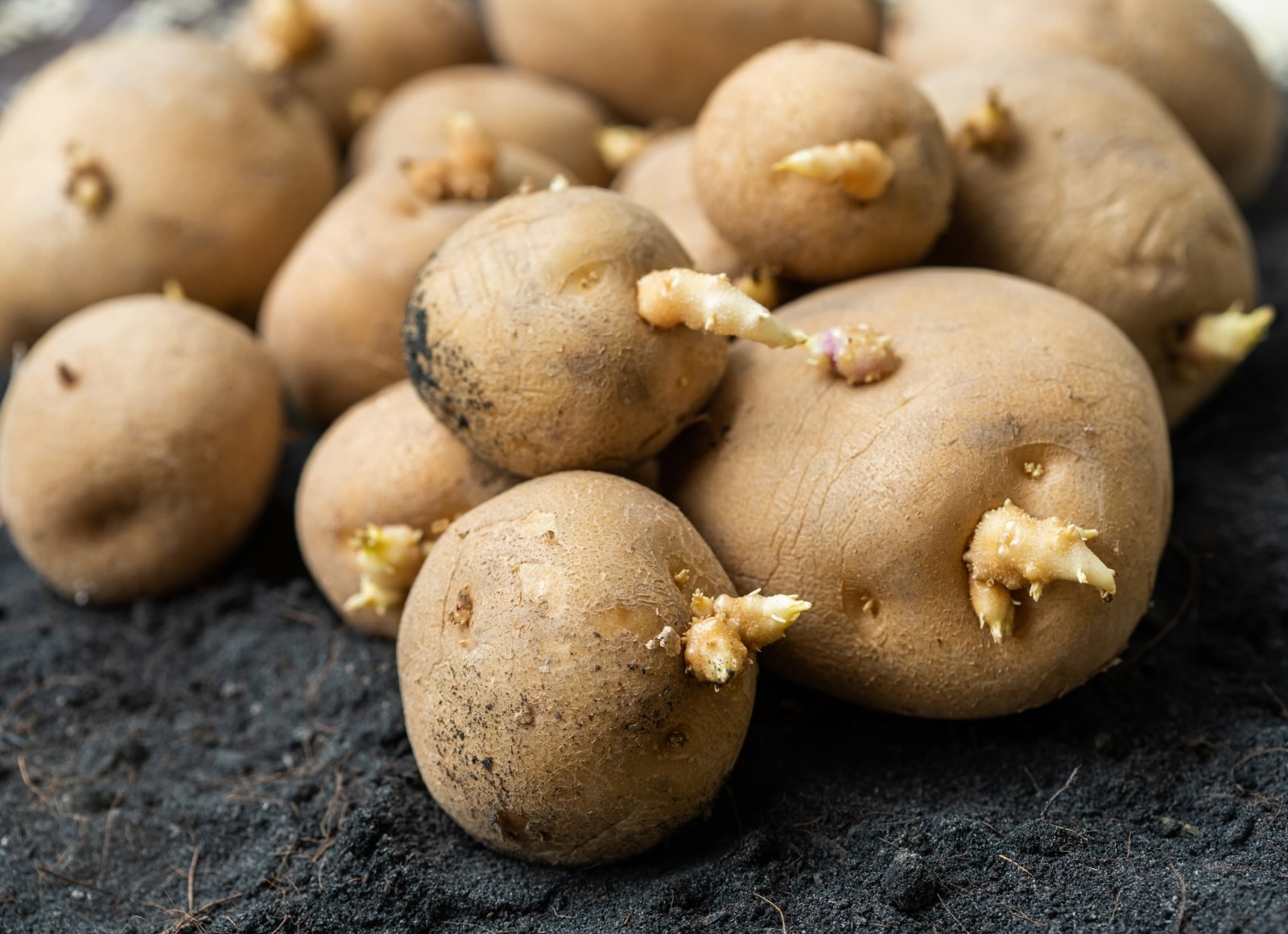
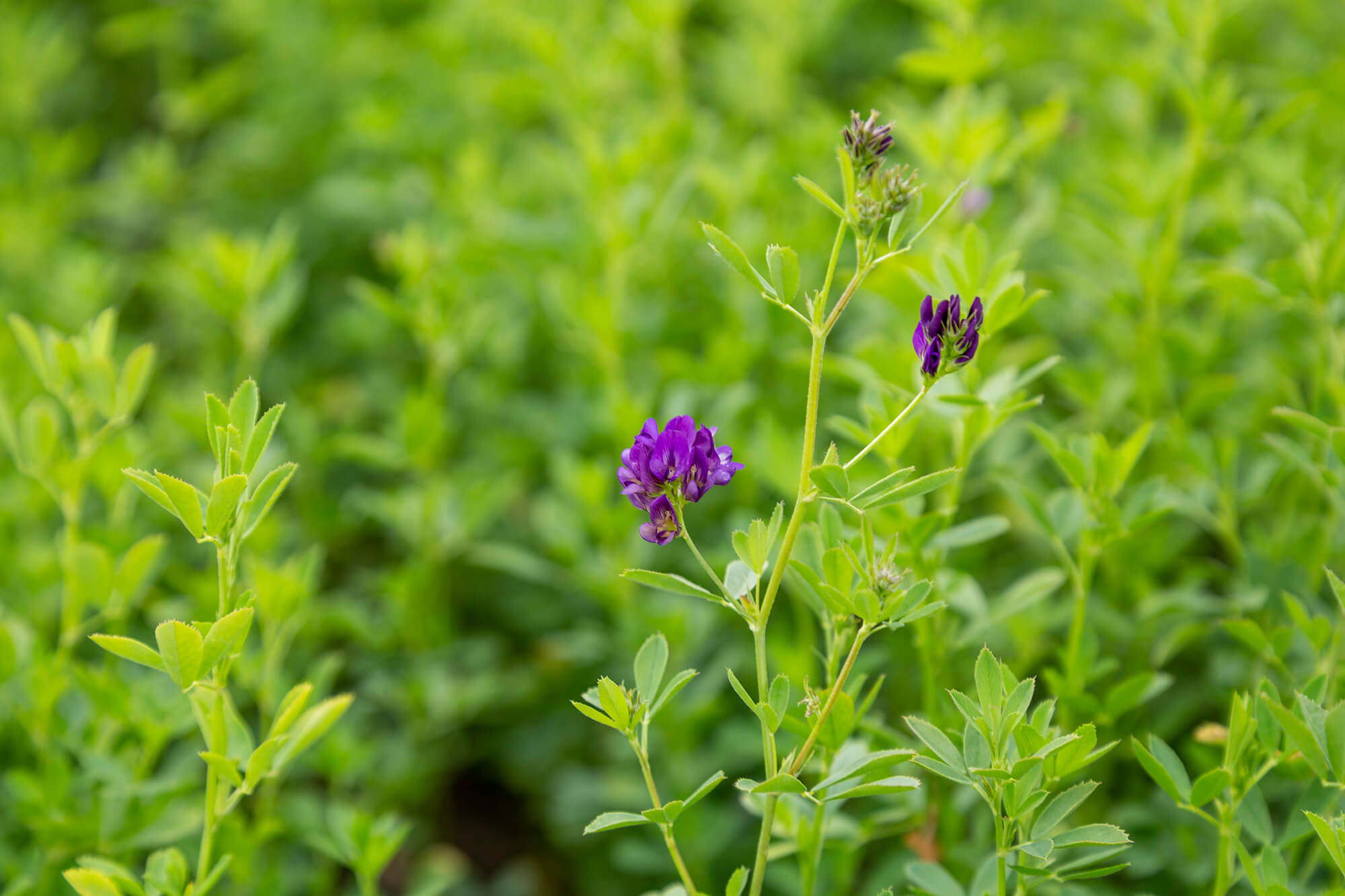

0 thoughts on “How To Store Alfalfa Sprouts”